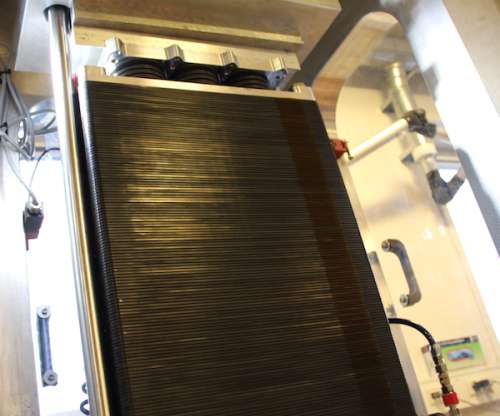The Future of Hydrogen Fuel Cell Vehicles
Clean Fleet Report
MAY 9, 2024
Prospects and Challenges in 2024 Combining the environmental benefits of electric vehicles (EVs) with the long-range and rapid refueling of traditional gasoline vehicles, hydrogen fuel cell electric vehicles (FCEVs) are becoming a compelling option for eco-minded car owners. Without question, FCEVs have the potential for broader adoption.












Let's personalize your content